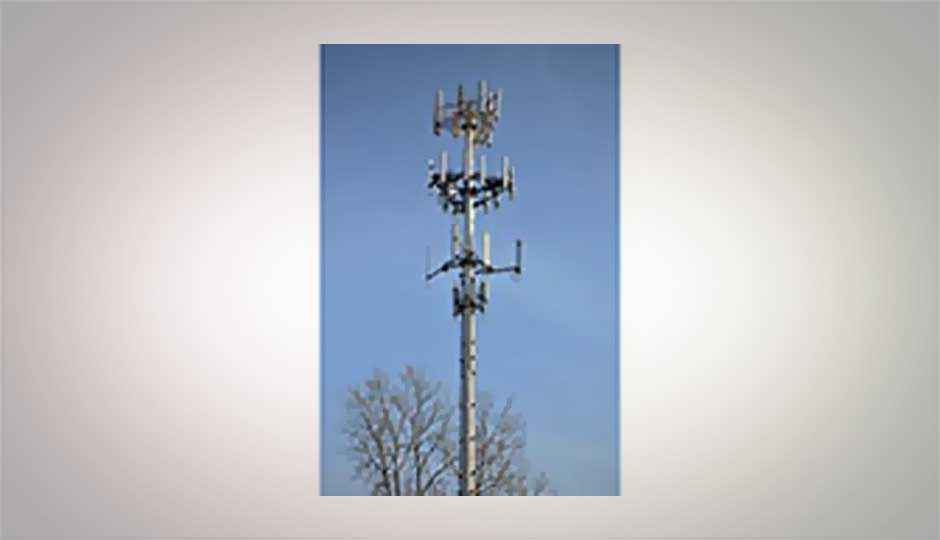New spectrum sharing policy may bar 3G spectrum sharing: Reports

Will the new spectrum-sharing policy bring the much-needed to the ailing telecom industry? Unlikely, it seems. The draft policy, currently in the process of being finalised, reportedly bars 3G spectrum sharing.
The Indian government’s new spectrum-sharing policy is unlikely to bring much relief to the telecom operators, who are already bearing brunt of squeezed profit margins and growing competition. According to reports, the new policy will not allow operators to share 3G network and may include a spectrum usage charge on both operators sharing the spectrum.
The Indian government is expected to announce the new spectrum-sharing rules before the next round of spectrum auctions slated to be held next month. The draft rules on say spectrum-sharing will be permitted only when both operators have spectrum either in 1,800/900 Mhz or 800 Mhz bands. Sharing will be restricted in same circle area.
“If an operator X having 4.4 Mhz of spectrum shares 4.4 Mhz of spectrum of another operator Y, then both X and Y will be liable to pay spectrum usage charges applicable to 8.8 Mhz of spectrum,” said the draft rules.
While analysts believe the new rule will provide revenue sources for current operators such as Airtel and Vodafone by leasing out spectrum, concerns are that banning 3G spectrum-sharing may discourage 2G players who were looking to upgrade to 3G networks via spectrum sharing agreements.
Ban on 3G spectrum sharing is going to have a huge impact on subscribers. It’s notable most of the telecom companies are providing 3G services in circles where they do not have licence through such spectrum-sharing agreements. Moreover, telcos may raise tariffs to recover costs.
Source: Indian Express
